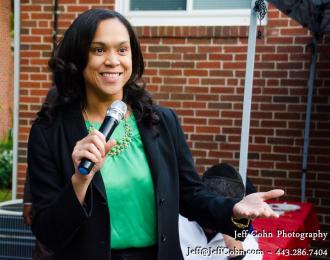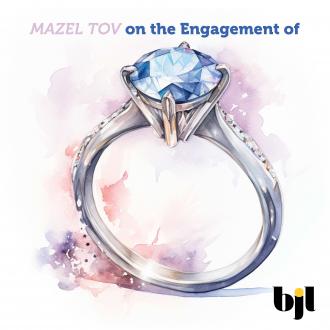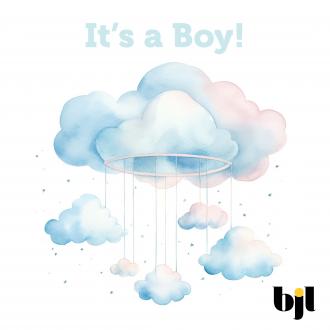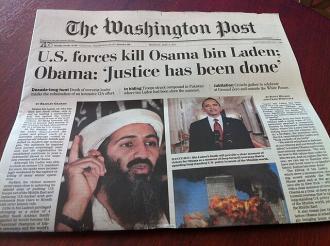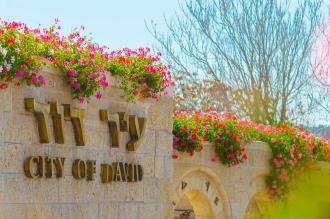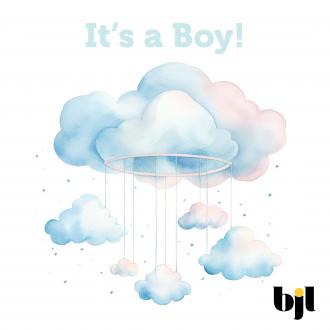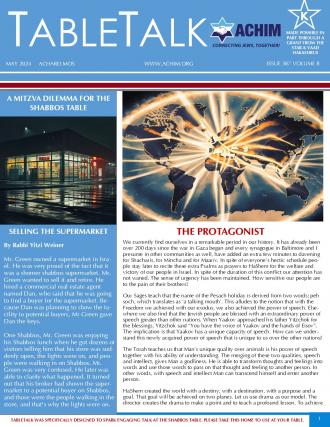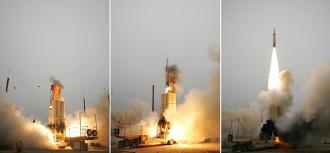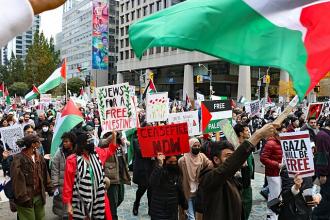Quintus Tineius Rufus, also known as Turnus Rufus the Evil, was a Roman governor who challenged the famous Talmudic scholar Rabbi Akiva to debate time and again.
The Midrash Tanchuma (Tazria 5) records one of these interesting debates. Turnus Rufus asked Rabbi Akiva, “Which works are more beautiful? Those of the Holy One, blessed be He, or those of flesh and blood?”
Let us pause the story right here. Imagine for a moment you are Rabbi Akiva; how would you respond to Turnus Rufus? I don’t know about you, but if I were asked this question, I would respond something along the lines of, “Well, of course the works of G-d are much more beautiful than that of man. What kind of question is that Mr. Rufus. After all, G-d is G-d. He created the entire world, all the trees and animals, the skies and oceans, the rainbows and well…everything!”
But shockingly, that is not what happened. The Midrash records that Rabbi Akiva responded, “Those of flesh and blood are more beautiful!” Turnus Rufus said, “Look at the heavens and the earth. Are you able to make anything like them?” Rabbi Akiva said to him, “Don’t talk to me about something which is out of the realm of humans, rather, talk to me about things which are usual amongst humans.” Turnus Rufus replied, “Why do you circumcise?” Rabbi Akiva said, “I also knew that you were going to say this to me. I therefore anticipated your question when I said to you, ‘A work of flesh and blood is more beautiful than the work of G-d.”
Rabbi Akiva teaches us a fundamentally important lesson for our lives. The beauty that lies in the actions of man are solely when man excels at being human. We are meant to embrace our humanity and do our best at being G-d like, emulating His ways. Our job is not to bring upon the same results as G-d. We can never create the heavens and earth the way G-d did. Quite frankly, that is not our job. Turnus Rufus looked at the beauty of heaven and earth and measured the simple human actions against G-d’s masterpiece. Rabbi Akiva was essentially saying, “No! Don’t look at the heavens and earth and compare your work to G-d’s! We are not meant to compare our work to G-d’s. Look at what is in your toolbox, that which is in your realm as a human being and do it as best as you can!”
The Bris Milah is a reminder that humans are humans; the destiny of a Jew is to be a human. Yes, he is finite. Yes, he is sinful. And yes, he is of mere flesh and blood. But when channeled in the right way, and when focused properly, the actions of a human can – on some level – be more beautiful than the works and actions of G-d Himself!
The job of a human being is not to do G-dly work; rather, the job of a human being is to do human work in a G-dly way!
Have a holy Shabbos!
Quintus Tineius Rufus, also known as Turnus Rufus the Evil, was a Roman governor who challenged the famous Talmudic scholar Rabbi Akiva to debate time and again.
The Midrash Tanchuma (Tazria 5) records one of these interesting debates. Turnus Rufus asked Rabbi Akiva, “Which works are more beautiful? Those of the Holy One, blessed be He, or those of flesh and blood?”
Let us pause the story right here. Imagine for a moment you are Rabbi Akiva; how would you respond to Turnus Rufus? I don’t know about you, but if I were asked this question, I would respond something along the lines of, “Well, of course the works of G-d are much more beautiful than that of man. What kind of question is that Mr. Rufus. After all, G-d is G-d. He created the entire world, all the trees and animals, the skies and oceans, the rainbows and well…everything!”
But shockingly, that is not what happened. The Midrash records that Rabbi Akiva responded, “Those of flesh and blood are more beautiful!” Turnus Rufus said, “Look at the heavens and the earth. Are you able to make anything like them?” Rabbi Akiva said to him, “Don’t talk to me about something which is out of the realm of humans, rather, talk to me about things which are usual amongst humans.” Turnus Rufus replied, “Why do you circumcise?” Rabbi Akiva said, “I also knew that you were going to say this to me. I therefore anticipated your question when I said to you, ‘A work of flesh and blood is more beautiful than the work of G-d.”
Rabbi Akiva teaches us a fundamentally important lesson for our lives. The beauty that lies in the actions of man are solely when man excels at being human. We are meant to embrace our humanity and do our best at being G-d like, emulating His ways. Our job is not to bring upon the same results as G-d. We can never create the heavens and earth the way G-d did. Quite frankly, that is not our job. Turnus Rufus looked at the beauty of heaven and earth and measured the simple human actions against G-d’s masterpiece. Rabbi Akiva was essentially saying, “No! Don’t look at the heavens and earth and compare your work to G-d’s! We are not meant to compare our work to G-d’s. Look at what is in your toolbox, that which is in your realm as a human being and do it as best as you can!”
The Bris Milah is a reminder that humans are humans; the destiny of a Jew is to be a human. Yes, he is finite. Yes, he is sinful. And yes, he is of mere flesh and blood. But when channeled in the right way, and when focused properly, the actions of a human can – on some level – be more beautiful than the works and actions of G-d Himself!
The job of a human being is not to do G-dly work; rather, the job of a human being is to do human work in a G-dly way!
Have a holy Shabbos!
